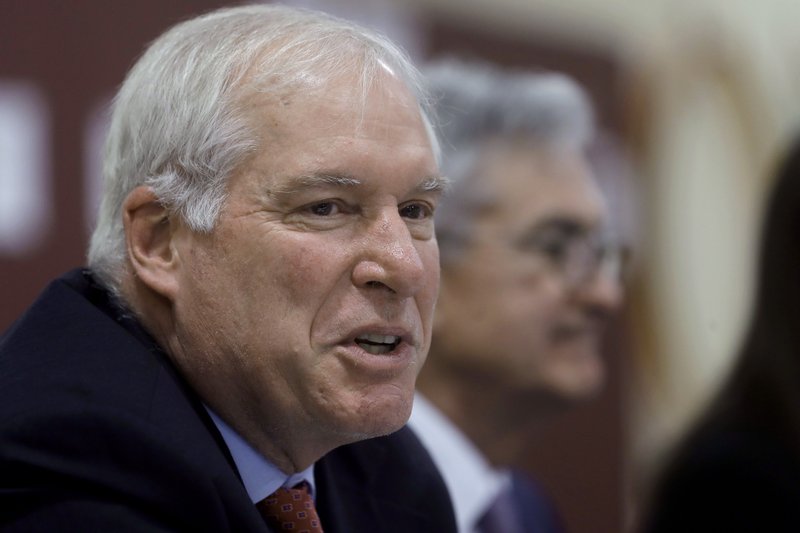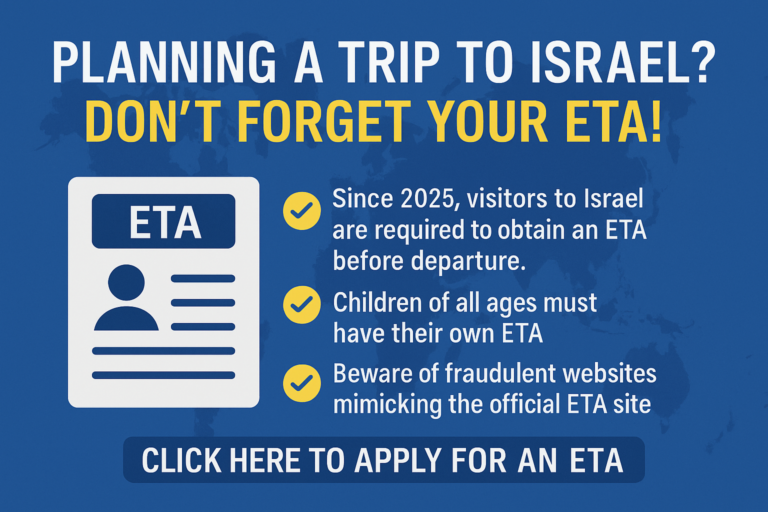The president of a regional Federal Reserve bank that will oversee a groundbreaking business lending program said Wednesday that he thinks a slower-than-expected recovery from the economic downturn would lead companies to seek critical support from the program.
In an interview with The Associated Press, Eric Rosengren, president of the Federal Reserve Bank of Boston, said the new Main Street Lending Program will provide bridge loans to formerly healthy companies that are struggling because of the virus and the resulting business shutdowns and economic downturn. The Main Street program, announced in March, is expected to begin operations by June 1.
The program will act as “an insurance policy in case things don’t go as well in the second half of the year as we hope,” Rosengren said. Companies that still suffer from weak demand or from an eventual second wave of the coronavirus might be unable to borrow later this year because many banks could be saddled with failing loans. That shortfall would likely boost demand for the Fed’s Main Street program, Rosengren said.
“I think many businesses are now realizing … that this may be a much more extended and slower ramp up than they were hoping,” Rosengren said. “Firms may not immediately need the funds. But if this were to be a fairly slow recovery, they may find, as we get into the summer, that they’re more in need of the funds and the facility becomes very useful.”
The Main Street Lending program marks the first time since the Great Depression that the Fed will lend directly to businesses outside the banking sector. Most of the other emergency programs it has launched this year are intended to benefit the economy by ensuring that the financial system is operating smoothly.
Despite its name, the Main Street program is geared for companies too large for the government’s small business lending effort, known as the Paycheck Protection Program. The Fed has said it will lend up to $600 billion through the program.
Companies with up to 15,000 employees or $5 billion in revenue will be eligible for loans. The minimum loan will be $500,000 — more than twice the size of loans provided by the PPP.
In an online speech to a business group Tuesday, Rosengren suggested that the U.S. economy will continue to struggle long after states and cities lift their restrictions on business activity. Without a vaccine or other effective public health measures, he said, many consumers, particularly elderly ones, will continue to avoid shopping, eating out or traveling. Given that one-fifth of U.S. jobs involve the restaurant, retail and hotel industries, a full recovery won’t be possible until people feel more confident, Rosengren said.
“While allowing employers to reopen will enable some people to return to work, it is not a panacea for our economic challenges, which again are rooted in public health concerns,” the Fed official said Tuesday.
In the interview, Rosengren said the Fed is willing to accept risks with the Main Street program and is prepared to lose money. That echoes a reversal Tuesday by Treasury Secretary Steven Mnuchin, who said the Treasury would accept losses from the $75 billion it is providing the Fed to finance the Main Street program. Mnuchin had previously said the Treasury expected to be fully repaid.
“These loans are going to have some risk, and so some of these loans are not going to be fully successful, and that’s exactly why we have the Treasury backstop,” Rosengren said. “This is to make relatively risky loans, with the hope that we get a better economic outcome.”
Rosengren said the program is intended to “meet a bit of a niche.”
“It’s not for those borrowers with no problems; it’s not for those borrowers with severe problems,” he said. “It’s with those borrowers that have a temporary cessation but fully expect to recover over time.”
The loans will be provided by banks, which will evaluate borrowers and decide whether to make a loan. The Fed will then buy 85% to 95% of the loan from the bank, with the rest remaining on the banks’ books, ensuring that they retain some stake in the loans’ success.
The terms of the four-year loans are relatively generous: A company can defer payments for up to one year, and the interest rate is relatively low. As an incentive, banks will earn fees off the loans.
Rosengren said that he thinks companies from most industries will apply, though he noted that he has been surprised by the interest that has been expressed by manufacturing companies. Many of them apparently have suffered greater revenue losses than they expected.
If there turns out to be little demand for the Main Street program, Rosengren said, “it’s good news” because it suggests that the economy is recovering.
(AP)











